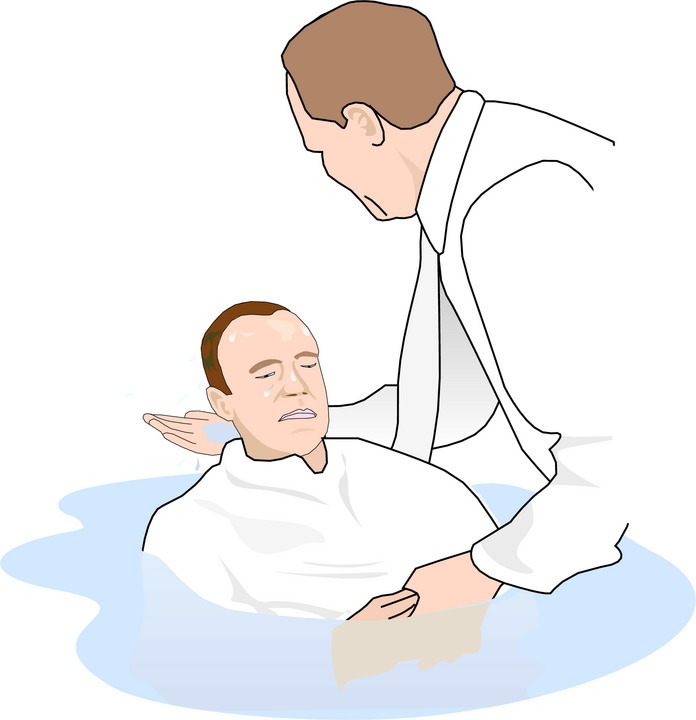
To understand the biblical ritual of water baptism for the remission of sins, which is one of the first acts of faith that a new disciple of Yeshua must take as he begins his spiritual walk (Acts 2:38; Matt 29:19; Mark 16:16), we must first define our terms, and then we can look into the biblical Hebraic origins of this ancient rite to discover the spiritual relevance and significance of it to a modern disciple of Yeshua the Messiah.
So what is immersion or baptism? The traditional Hebrew word for immersion is mikveh (or mikvah), which literally means “a gathering of waters.” Next we have the Hebrew word tevilah, which is analogous to the New Testament Greek word baptidzo from which the English word baptize derives. Tevilah means “immersion or baptism in water.” So technically, when one is baptized for the remission of sins, one does a tevilah at a mikvah.
Baptism is an ancient Hebrew custom that carried over into the apostolic era as sanctioned by Yeshua himself. What are the origins of this ancient custom, and what is its significance and applicability to a modern follower of Yeshua the Messiah?
Tevilah is an ancient custom that goes back to the Levitical or Aaronic priesthood. There YHVH Elohim required the priests to wash themselves in water at the bronze laver in the Tabernacle of Moses before they were allowed to perform their ministerial duties before YHVH Elohim. This was the third step in the seven step process of consecrating a new priest (Exod 29:4). After that, they confessed their sins over a bull, which was then sacrificed (Exod 29:10–11, the fifth step), then Moses anointed them with oil (the sixth step, Exod 29:21). These seven steps are a prophetic picture showing us how one comes to faith in Yeshua the Messiah by confessing his sins, accepting Yeshua’s sin-atoning death on the altar of the cross, then being immersed in water as a sign of spiritual cleansing and rebirth, and then receiving the oil of Elohim’s Spirit consecrating them for becoming part of the royal priesthood of Elohim (1 Pet 2:9; cp. Rev 1:6; 5:10; 20:6). After the initial cleansing ceremony for the consecration of a new priest, YHVH also instructed the priests to wash each time they come into the tabernacle to serve him (Exod 30:18–21). This ritual cleansing was so important that if the priests of old failed to come into the presence of Elohim without first washing, the priest was sentenced to death (v. 20). This step teaches us that once we come to faith in Yeshua, we must be continually being washed in the water of Elohim’s word (Eph 5:26) and the blood of Yeshua to keep us cleansed from the defilement of ongoing sin (Rev 1:5; 1 John 1:7–9), lest we die in our sins. Thus, the consecration process for service to YHVH that the priests went through during the time of Moses is a prophetic picture of what a one must also go through to become a disciple of Yeshua the Messiah; therefore, baptism is a picture of spiritual cleansing and consecration or being set-apart (from the world) for spiritual service to Elohim. This concept is elucidated on in various places in the Testimony of Yeshua (the New Testament).
Continue reading
